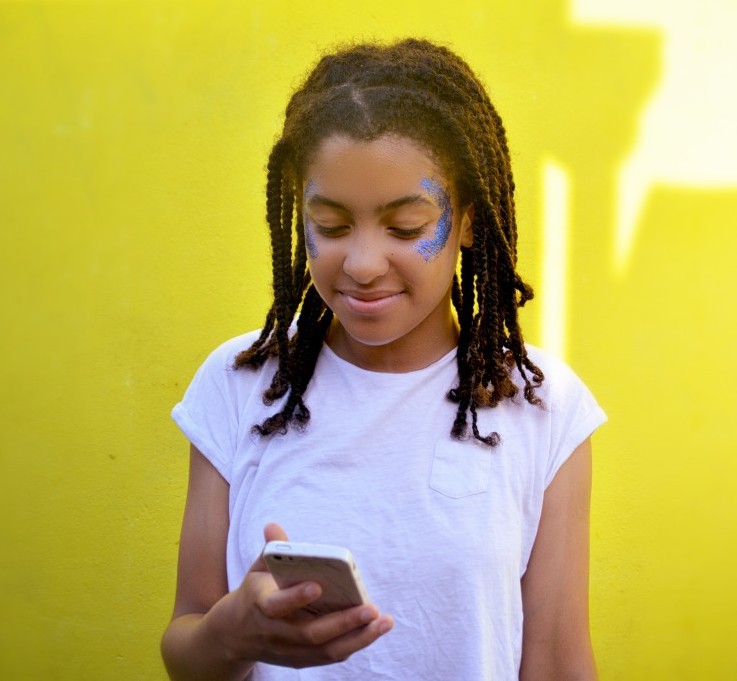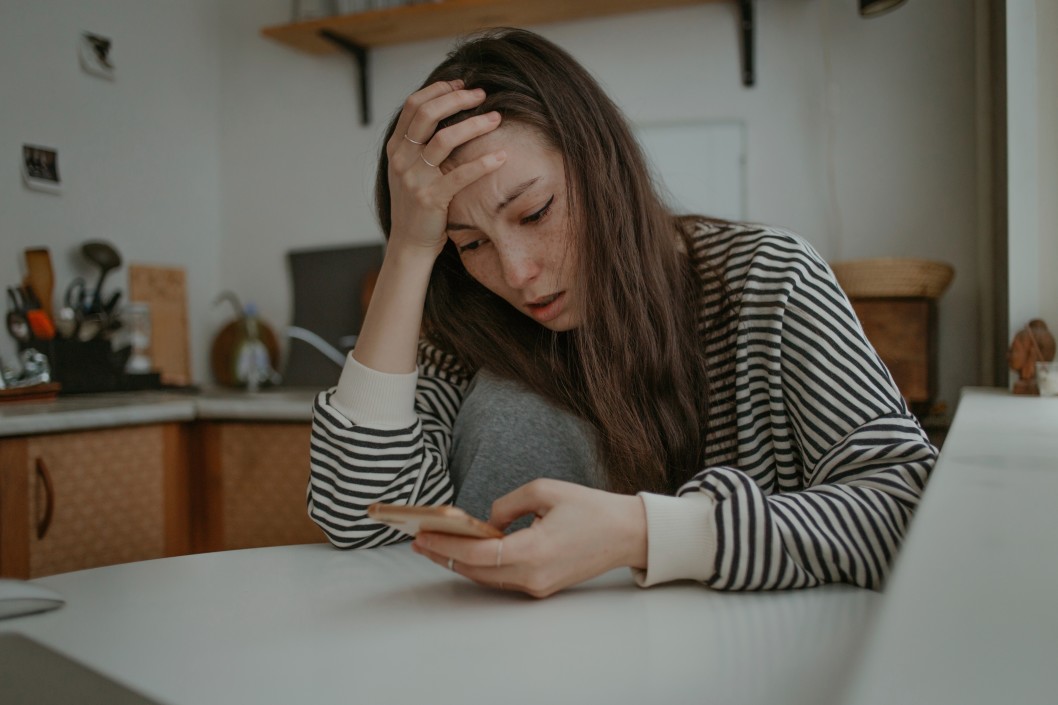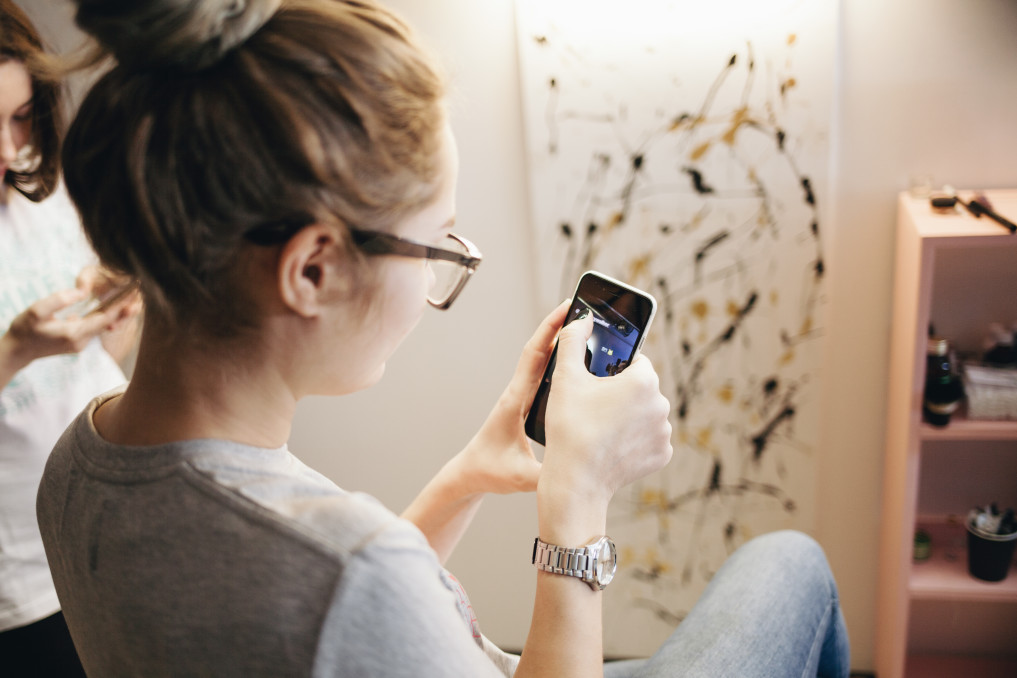
In Pew Research Center’s latest survey of U.S. teens ages 13 to 17 and their parents finds that parents are generally more worried than their children about the mental health of teenagers today.Still, teens are growing more wary of social media for their peers. Roughly half of teens (48%) say these sites have a mostly negative effect on people their age, up from 32% in 2022. But fewer (14%) think they negatively affect them personally.
To better understand how families are grappling with issues related to youth mental health, Pew Research Center asked teens and parents to share their level of concern, thoughts on underlying causes, and openness to discussing mental health.
Parents’ and teens’ concerns about mental health
Parents are more likely than teens to be concerned about teen mental health today. Overall, 55% of parents report being extremely or very concerned about the mental health of teens today. Fewer teens (35%) say the same, according to the survey of 1,391 parents and their teens conducted Sept. 18-Oct. 10, 2024.
On the other hand, a larger share of teens than parents say they’re not too or not at all worried about the state of teen mental health (23% vs. 11%).
What contributes the most to teens’ mental health?
Parents and teens who say they are at least somewhat concerned about teen mental health today were then asked what they think most negatively impacts it.
While both groups cited similar themes, parents more often blame social media, while teens cite a range of factors, including social media, bullying and social pressures.

Views among parents
Social media is the top reason parents give when asked about what most negatively impacts teens. Among parents who are at least somewhat concerned about teen mental health, 44% say social media have the biggest negative impact on teens today.
Views among teens
Parents often point to social media, but teens cite a broader range of negative influences on youth mental health.
Parents often point to social media, but teens cite a broader range of negative influences on youth mental health.
Still, among teens who say they are at least somewhat concerned about the mental health of teens today, 22% cite social media as the main factor.
About one-in-five teens who are at least somewhat concerned cited bullying – in person or online (17%). And 16% say the pressures and expectations placed on teens today is what most negatively impacts teen mental health.
How teens see social media’s impact on mental health, friendships, sleep
Teens’ views of the benefits and harms of social media vary by which aspect of their lives you ask about. Still, many believe these platforms don’t have much influence over them.

In the latest Pew survey, teens were far more likely to say social media hurt rather than help their sleeping habits and productivity, which are both crucial for well-being, according to experts.
Four-in-ten or more teens say social media platforms hurt the amount of sleep they get (45%), as well as their productivity (40%). Small shares – about one-in-ten or fewer – say social media platforms help with these things. And roughly one-third say these platforms neither help nor hurt.
About one-in-five teens say social media hurt their mental health (19%) or grades (22%). Roughly one-in-ten each say these platforms help. But the largest shares say these platforms have a neutral impact on their mental health (50%) and grades (51%).
Similar shares of teens say social media help (19%) or hurt (15%) their confidence. Still, nearly half (46%) say these platforms neither hurt nor help.

Interested in learning more about the impact of social media on teen mental health? Check out our podcast for practical strategies to develop healthy social media practices .
Social media: Connections, creativity and drama
A majority of teens credit social media with forming connections and expressing their creativity. Roughly three-quarters of teens (74%) say what they see on social media makes them feel more connected to what’s going on in their friends’ lives. And 63% say social media platforms are a place they can show their creative side.
And about half – 52% each – say what they see on these sites makes them feel more accepted or as if they have people who will support them through tough times.
Other key findings from the survey:
- More teens report spending too much time on social media: 45% of teens say they spend too much time on social media in our current survey, up from 36% in 2022.
- Girls’ experiences on social media skew more negative, at times: Teen girls are more likely than boys to say social media hurt their mental health (25% vs. 14%), confidence (20% vs. 10%) or sleep (50% vs. 40%).
- A majority of teens see social media as a positive space for friendships and creativity: 74% of teens say these platforms make them feel more connected to their friends, and 63% say they give them a place to show off their creative side.
- Teens and parents have different comfort levels talking about teen mental health: 80% of parents say they’re extremely or very comfortable talking to their teen about their teen’s mental health. Smaller shares of teens (52%) feel the same way.
- Social media as a mental health resource: 34% of teens say they at least sometimes get information about mental health on social media.
Excerpted from Teens, Social Media and Mental Health, a report from Pew Research Center. You may read the full article or download the report online.
Source: Pew Research Center | Teens, Social Media and Mental Health, https://www.pewresearch.org/internet/2025/04/22/teens-social-media-and-mental-health | © 2025 Pew Research Center. Retrieved April 2025.





